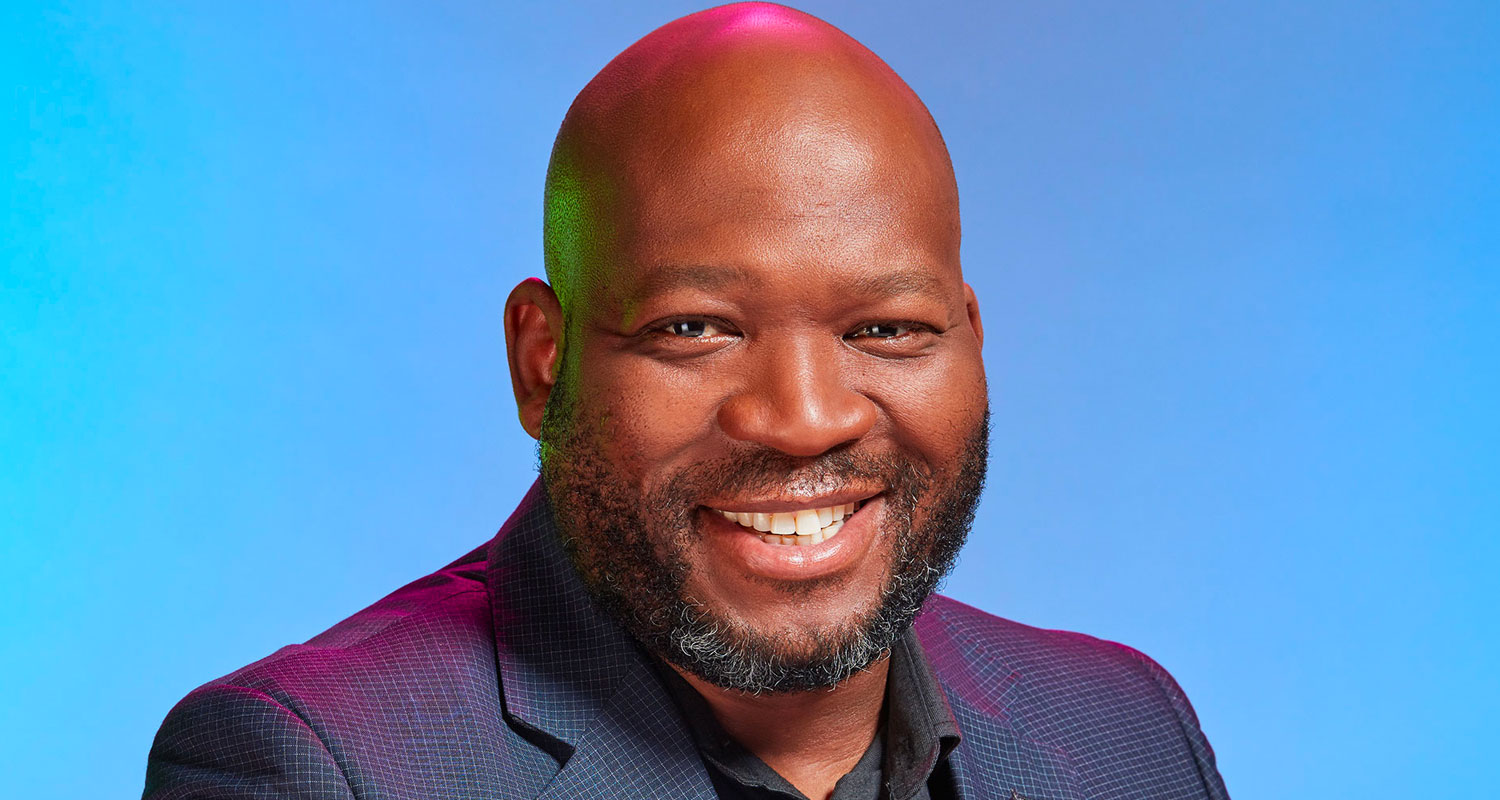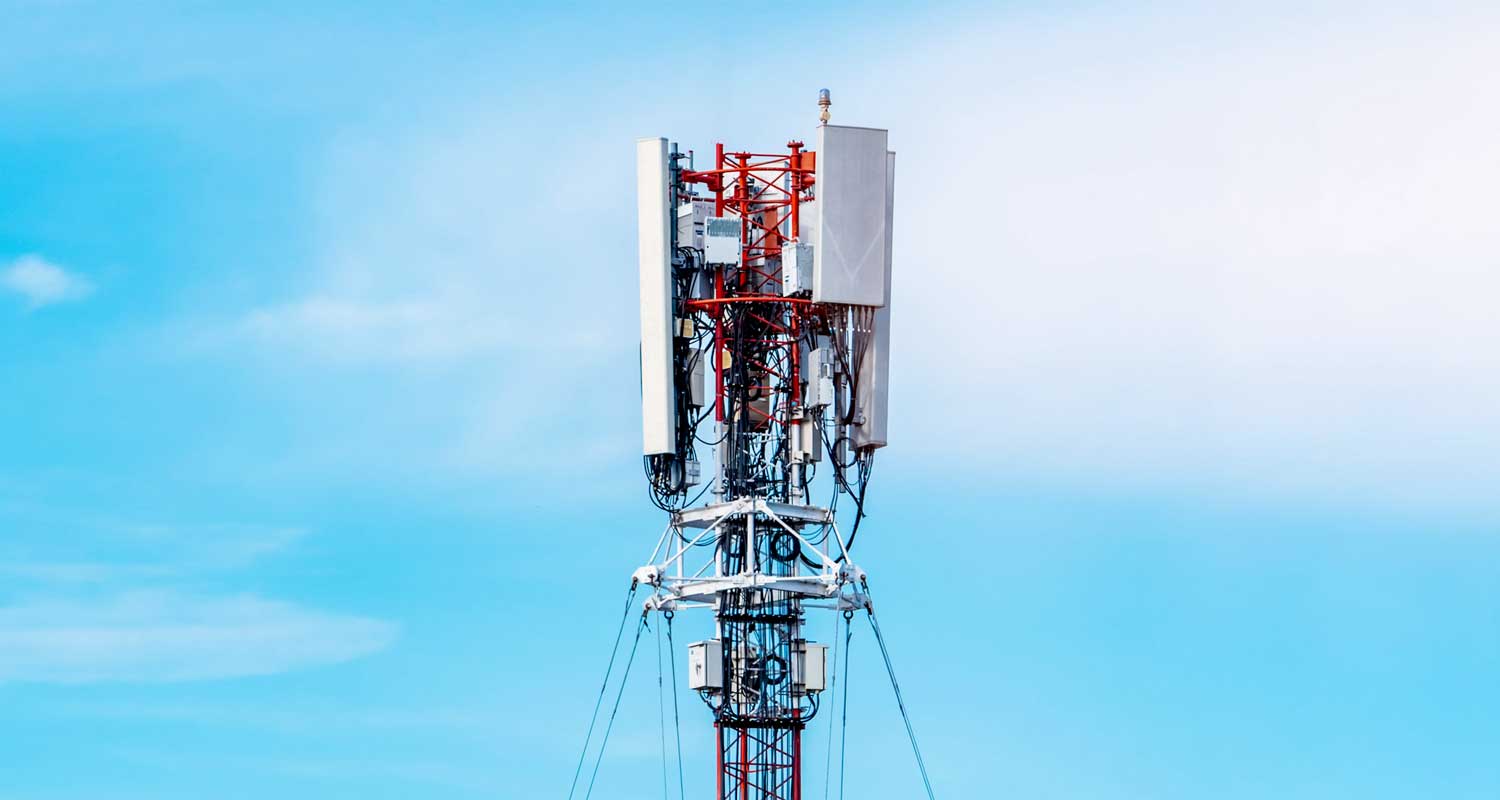
Telkom, which has already turned off its 2G network, will likely switch off 3G services soon, too.
According to information contained in the group’s interim results on Tuesday, 82% of the devices on its network are 4G capable.
“It does simplify things because we don’t have 2G and 3G on top of 4G and 5G,” Telkom Consumer CEO Lunga Siyo told TechCentral at the results presentation in Sandton.
“It makes the mix of radio equipment, the orchestration of the network itself and how you carry the traffic much less complex,” Siyo said.
The complexity of network management is a challenging core function for mobile operators – so much so that competitor Vodacom has turned to artificial intelligence in an effort to make it easier.
One of the ways Telkom manages the complexity created by the small portion of non-4G devices on its network is to hand those workloads over to its roaming partners, Vodacom and MTN. Only a combined 11% of devices on its own network still rely on 2G (2%) and 3G (9%) technologies.
Being much smaller than Vodacom and MTN, which boast far larger capex budgets, Telkom cannot afford to be wasteful in infrastructure spend. This is where roaming adds an additional benefit by acting as useful a data source for the operator.
Roaming
Where it doesn’t have coverage and relies on its roaming partners, Telkom will build its own infrastructure to cater to them directly when it notices strong growth in roaming traffic in those areas. It also utilises cheaper data bundles to coax customers into switching to its 4G/LTE network and off the Vodacom and MTN networks. These LTE bundles are can be used only when the subscriber is connected to Telkom’s core network – in other words, consumer can’t “roam”.
“As an example, take a typical prepaid customer that spends R100/month on data, which is largely for WhatsApp and streaming. You give them a value proposition of, say, 15GB (anytime) plus 15GB (nighttime) of data, which is one of our biggest deals for R90. Now they can do more with the data for about the same spend,” said Siyo.
That most of Telkom’s network utilises newer technologies bodes well for the operator. The department of communications & digital technologies has said government wants 2G networks switched off by June 2024 and 3G switched off by March 2025. According to Siyo, Telkom’s network no longer carries any 2G traffic, while its goals for 3G switch-off are in line with the department’s.
“Other operators are saying 3G should be switched off but not 2G yet… For us, it’s not an issue because we don’t have a lot of 3G traffic. It is largely voice, which we can actually divert to Vodacom and MTN if we wanted to. If everyone has to switch it off, then we’ll move our customers to voice over LTE,” said Siyo.
 Switching off 2G and 3G networks, however, might have disastrous consequences for users who cannot afford to purchase 4G-capable handsets. One way of driving costs down is for operators to subsidise them on behalf of users, with the intention to make the revenue back through services purchased on the network. But Siyo said that in an increasingly prepaid environment, this strategy no longer works well.
Switching off 2G and 3G networks, however, might have disastrous consequences for users who cannot afford to purchase 4G-capable handsets. One way of driving costs down is for operators to subsidise them on behalf of users, with the intention to make the revenue back through services purchased on the network. But Siyo said that in an increasingly prepaid environment, this strategy no longer works well.
“A lot of operators have moved away from subsidising devices because it has become too expensive. Also, customers tend to switch between operators so you don’t have a guarantee that you will get the revenue. That’s why we have been pushing OEMs to make devices at the US$40 price point instead of $80,” he said.
The chip shortage during Covid made it difficult for manufacturers to produce devices at lower cost, but now that prices are normalising Siyo said they are willing to push to design cheaper devices. But even if devices are manufactured and imported at lower cost, import duties add a significant amount to the cost that is eventually passed on to the consumer.
Read: Telkom wants next spectrum auction postponed
“The other challenge is when the devices land at OR Tambo or Durban airport, the government then classifies the phone as a luxury, which attracts some form of a duty. So, we have been engaging with the industry body, ACT, to talk to the department of trade & industry and explain that if we want to switch off 2G and 3G, then we must take away the import duty. Then you create a reasonable ecosystem of 4G and higher devices that are cheaper for South Africans to buy.
“That import duty cannot be as high as if it is a luxury good because it is not,” said Siyo. — (c) 2023 NewsCentral Media




